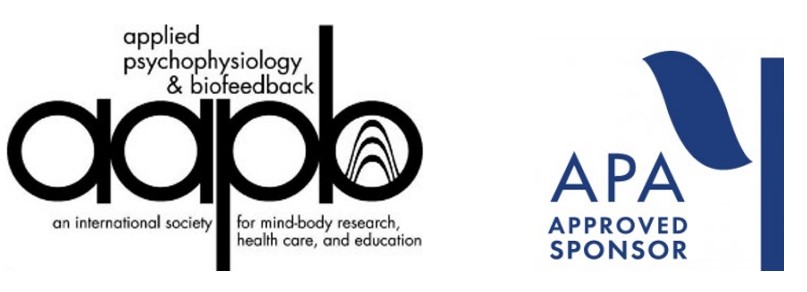What is Biofeedback?
Biofeedback is a process that enables an individual to learn how to change physiological activity for the purposes of improving health and performance. Precise instruments are used to measure physiological activity such as brainwaves, heart function, breathing, muscle activity, and skin temperature. These instruments rapidly and accurately "feed back" information to the user, typically on a computer display. The presentation of this information - often in conjunction with changes in thinking, emotions, and behavior - supports desired physiological changes. Over time, these changes can endure without continued use of an instrument.One example of biofeedback would be the application of surface EMG (electromyography or muscle activity) in rehabilitation. A stroke victim might have minimal motor control in a partially paralyzed limb, and through EMG biofeedback, would view a representation of their muscle activity on a computer screen. Sensors placed on the skin above the musculature would allow the instrument to show minute changes in muscle activity, so small that the individual might not be aware of them, as she/he attempts to move the limb. With that information now immediately available to them, the person can see if their efforts are working, and over time, learn to recruit the neural activity and muscle activation necessary to improve function.
There are numerous other biofeedback modalities that are identified by the physiological process that is the target of change (i.e., EEG or brainwave activity, also called neurofeedback, thermography, a measure of skin temperature that represents blood flow, and HRV or heart rate variability, to name a few).
Biofeedback has been shown to be useful in treating the following:
- Migraine headaches
- Tension headaches
- Other types of chronic pain
- Disorders of the digestive system
- Incontinence
- High blood pressure
- Cardiac arrhythmias (abnormalities in the rhythm of the heartbeat)
- ADD/ADHD (Attention Deficit Hyperactive Disorder)
- Epilepsy
- Paralysis, spinal cord injury and other movement disorders
- Posttraumatic Stress Disorder (PTSD)
- Raynaud's Disease
- Stroke
- Temporomandibular Disorders (TMD)
- Insomnia
- Asthma
For more information about Biofeedback, visit the Association for Applied Psychophysiology & Biofeedback website.





